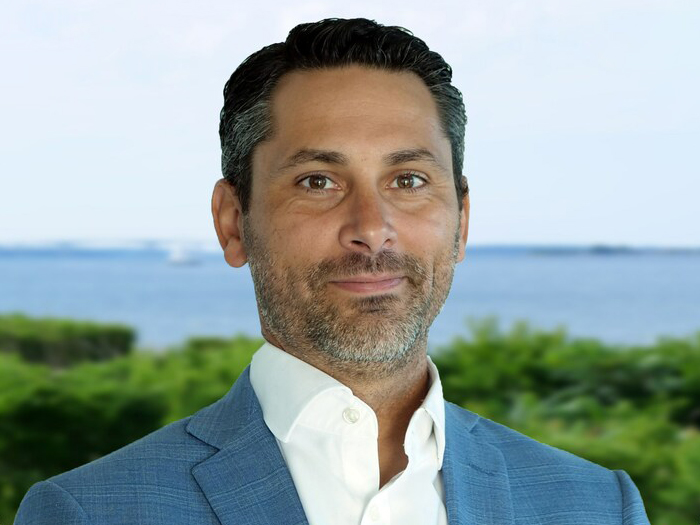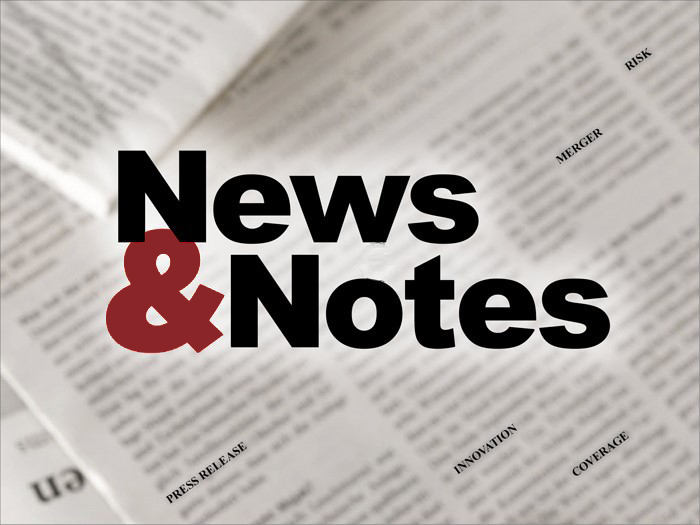There’s No Reason Workers’ Comp Should Be Adversarial; It’s About Time the Language We Use Reflects That

A company’s culture helps drive its success and has never been more important than in these unprecedented times.
Senior leaders understand talent is their greatest asset, and they understand the importance of culture in attracting, retaining and empowering the talent necessary to thrive.
The role of culture in the success of workers’ compensation organizations is no exception. That fact has inspired a transformation of culture across our workers’ comp claims organization to more fully engage injured workers in their recovery and return-to-work.
They’re Just Words — Why Do They Matter?
There is an inherent confusion in the workers’ comp system, which is significantly different than the more familiar group medical process.
Add to this the fact that individuals enter the workers’ comp process following an event that may feel as though it threatens their physical and financial wellbeing.

Julie Horton, assistant claims product manager, Helmsman
At one of the worst times in their lives, injured workers must navigate a wholly unfamiliar and inherently complex process.
Right out of the gate, an injured worker is told by their employers’ TPA or carrier that the claim must be investigated, the interview recorded, witness statements gathered and — depending on the state — that he or she may not be able to see their regular doctor.
Of course, TPAs and carriers must have a process ensuring that only legitimate claims are processed and the best care delivered.
Claims professionals live and breathe this process and know its goal is to deliver the best outcome for the injured worker and their employer.
But from the perspective of the injured person, this approach feels intrusive and intimidating.
Several years ago, we saw an opportunity to change an injured worker’s experience, shifting from one that seems confrontational to one where claims professionals are advocates, showing care and compassion, setting expectations, communicating clearly and educating and empowering the injured worker.
To accomplish this, we evolved the language we used, expanded our digital tools for injured workers, provided new services for individuals — from enhancing telehealth to offering rides to medical appointments — and gathered feedback about the process.

Sarah Sullivan, workers compensation strategic claims initiatives manager, Helmsman
Our journey as we evolved our language helped identify best practices for successfully transforming culture to better serve injured workers and their employers, including:
Analyze current state: We spoke with injured workers, employers and claims professionals across our organization to review current oral, written and digital communications.
Build solutions: Based on this feedback, we created a dictionary of over 60 terms that were non-confrontational. “We are investigating your claim” became “We’re gathering information about the accident.” Likewise, “claimant” became “injured worker.”
Train claims professionals: A robust communication plan helped claim professionals understand the issues with the jargon that we had become comfortable using and the value of more injured worker-friendly language. From videos depicting before and after conversations with injured workers to podcasts, a range of tactics made the argument for change and trained claims professionals on the new vocabulary.
Upgrade tools: We updated all scripts, online content, emails and letters to reflect the new approach and language.
Measure results: Surveys of our claims professionals tracked their engagement our program, while polls of injured workers measured their reaction. Both help us refine the program.
Advocating for injured workers benefits everyone in the workers’ compensation process, but getting there requires a clear understanding of the challenges and road map. We look forward to seeing you in Las Vegas. &
To hear the full story of the One Voice initiative, register for “Speaking with One Voice: Building a Culture of Workers Compensation Advocacy,” part of National Comp’s ongoing digital session series.










